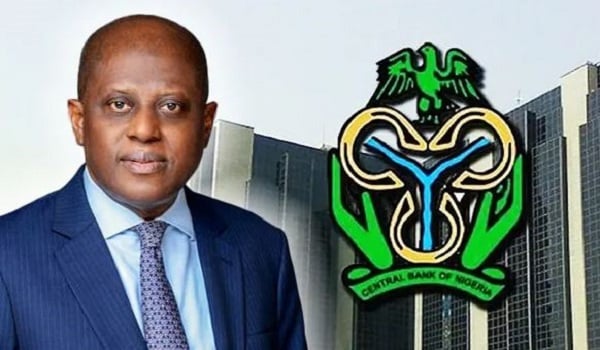
The Central Bank of Nigeria (CBN) has announced it will maintain the Ways and Means Advances to the federal government at a 5% limit for the fiscal years 2024-2025, despite a recent bill from the National Assembly increasing the limit to 10%.
This decision was outlined in the CBN’s Monetary, Credit, Foreign Trade, and Exchange Policy Guidelines for the 2024-2025 fiscal period, released on Tuesday.
These guidelines emphasize the importance of macroeconomic stability and align with the Medium-Term Fiscal Framework (MTFF), aiming to manage expectations, respond to economic shocks, and sustain the ongoing economic recovery.
The document stated, “Ways and Means Advances shall continue to be available to the Federal Government to finance deficits in its budgetary operations to a maximum of 5.0 per cent of the previous year’s actual collected revenue. Such advances shall be liquidated as soon as possible and shall in any event be repayable at the end of the year in which it was granted.”
Additionally, the advances will now be calculated after accounting for the sub-accounts of various Ministries, Departments, and Agencies (MDAs), which are connected to the Consolidated Revenue Fund to determine the Federal Government’s overall cash position.
Ways and Means Advances are short-term loans from the CBN designed to help the government address temporary budget shortfalls.
Section 38 of the CBN Act of 2007 limits these advances to a percentage of the previous year’s revenue and mandates repayment within the fiscal year.
In recent years, the CBN’s handling of Ways and Means Advances has sparked controversy, particularly in 2023 when former CBN Governor Godwin Emefiele was accused of printing ₦22.7 trillion for the federal government without National Assembly approval.
Critics argue that excessive borrowing through this facility has fueled inflation and increased money supply in the economy.
In February 2024, current CBN Governor Olayemi Cardoso informed the Senate Committee that the CBN would halt further advances to the federal government until outstanding loans were repaid.
This move is part of broader efforts by the bank to address the economic challenges facing the country.


